January 7 stands as one of history’s most eventful days, witnessing the rise and fall of empires, groundbreaking discoveries, and moments that shaped our modern world across centuries of human achievement.

Politics and Government Events on January 7
1922 – Dáil Éireann Ratifies Anglo-Irish Treaty
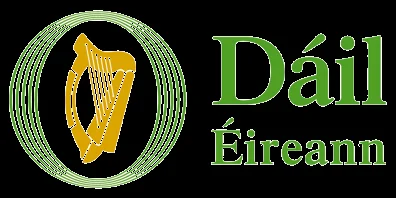
The Irish parliament delivered a decisive vote that would reshape the island’s political landscape forever. By a narrow margin of 64 to 57, representatives approved the controversial treaty with Britain.
This historic decision split the nationalist movement and set the stage for civil war. The treaty’s ratification marked Ireland’s first step toward independence while accepting partition of the island.
1959 – United States Recognizes Castro’s Cuban Government
American diplomatic recognition legitimized Fidel Castro’s revolutionary regime just days after Batista’s departure. The State Department hoped to maintain influence over Cuba’s political transition.
This decision would prove deeply consequential as Castro’s communist leanings soon emerged. Within months, US-Cuban relations deteriorated into decades of hostility and economic embargo.
1993 – Fourth Republic of Ghana Inaugurated
Jerry Rawlings assumed the presidency in Ghana’s return to constitutional democracy after years of military rule. The peaceful transition marked a new chapter in West African governance.
International observers praised the democratic process as a model for the continent. Ghana’s successful transition inspired similar movements across Africa throughout the 1990s.
1999 – Clinton Impeachment Trial Begins in Senate
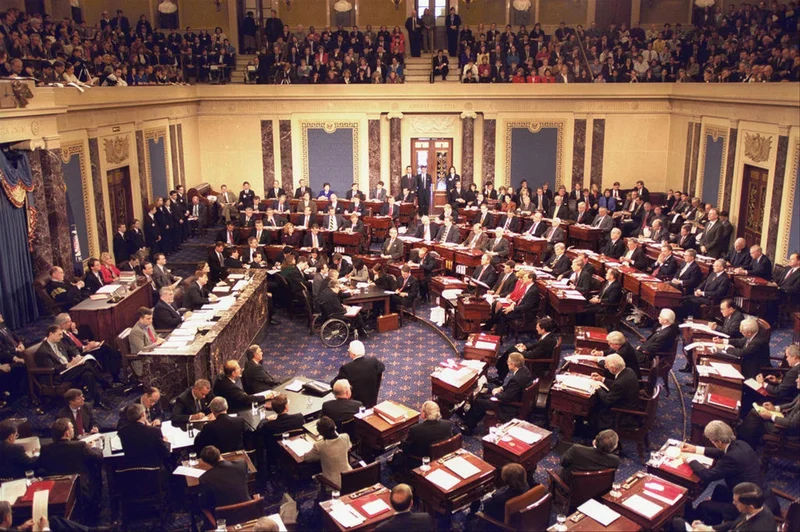
The United States Senate convened for only the second presidential impeachment trial in American history. Chief Justice William Rehnquist presided over the dramatic constitutional proceedings.
The trial captivated the nation for weeks as senators weighed charges against President Clinton. The proceedings ultimately ended in acquittal, preserving Clinton’s presidency but damaging his legacy.
Military and Naval History on January 7
1919 – Montenegrin Guerrilla Rebellion Fails
Montenegrin fighters launched a desperate uprising against Serbian annexation plans following World War I. The guerrillas hoped to preserve their nation’s independence through armed resistance.
Superior Serbian forces quickly crushed the rebellion, sealing Montenegro’s fate. The failed uprising marked the end of Montenegrin sovereignty until the country’s eventual independence in 2006.
1940 – Finnish Victory at Battle of Raate Road
The Finnish 9th Division achieved a stunning victory against numerically superior Soviet forces during the Winter War. Finnish tactics and winter warfare expertise proved decisive in the brutal engagement.
This triumph boosted Finnish morale and demonstrated the Red Army’s vulnerabilities. The victory became legendary in Finnish military history and inspired continued resistance against Soviet aggression.
1979 – Phnom Penh Falls to Vietnamese Forces
Vietnamese troops captured the Cambodian capital, driving out Pol Pot’s murderous Khmer Rouge regime. The Third Indochina War reached its climax with this decisive military victory.
The liberation ended years of genocidal terror that had claimed millions of Cambodian lives. Vietnamese occupation would continue for over a decade, reshaping Southeast Asian geopolitics.
2015 – Car Bomb Targets Yemeni Police College
A devastating explosion struck a police training facility in Sana’a, killing at least 38 people. The attack highlighted Yemen’s descent into civil war and sectarian violence.
The bombing demonstrated the security forces’ vulnerability to terrorist attacks. This incident marked another tragic milestone in Yemen’s ongoing humanitarian crisis.
Science and Discovery Milestones on January 7
1954 – Georgetown-IBM Translation Experiment
The first public demonstration of machine translation technology took place at IBM’s New York headquarters. Researchers successfully translated Russian sentences into English using electronic computers.
This groundbreaking experiment launched the field of computational linguistics and artificial intelligence. The demonstration proved that machines could process human language, revolutionizing communication technology.
1968 – Surveyor 7 Lunar Mission Launches
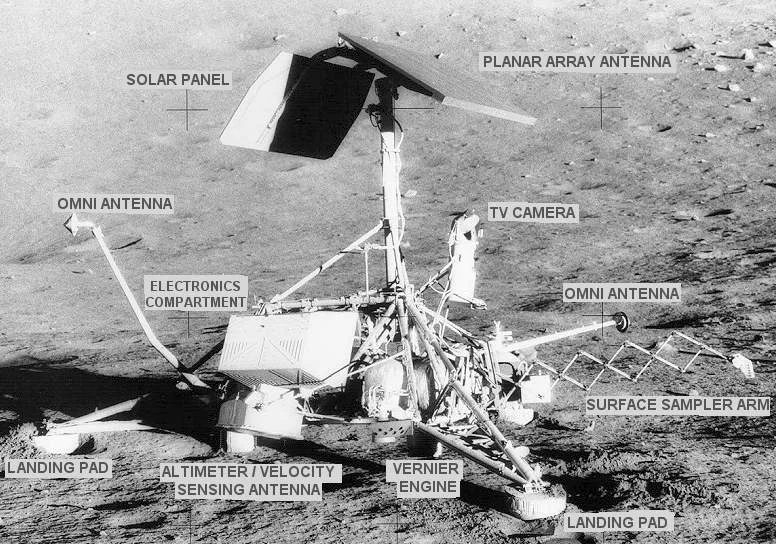
NASA’s final Surveyor spacecraft lifted off from Cape Canaveral, bound for the Moon’s surface. The mission aimed to photograph the lunar landscape and analyze soil composition.
Surveyor 7 provided crucial data for the upcoming Apollo lunar landings. The spacecraft’s successful mission marked the culmination of America’s robotic lunar exploration program.
1985 – Japan Launches First Deep Space Probe
Japan Aerospace Exploration Agency launched Sakigake, making Japan the third nation to send a spacecraft beyond Earth orbit. The probe targeted Halley’s Comet for a historic encounter.
This achievement established Japan as a major space power alongside the United States and Soviet Union. Sakigake’s mission demonstrated Japanese technological prowess in space exploration.
1904 – CQD Distress Signal Established
Maritime authorities adopted “CQD” as the international distress signal for ships in danger. The code provided a standardized way for vessels to request emergency assistance.
The signal served briefly before being replaced by the more famous “SOS” two years later. This early attempt at maritime safety standardization saved countless lives at sea.
Cultural and Arts Events on January 7
1955 – Marian Anderson Breaks Metropolitan Opera Barrier
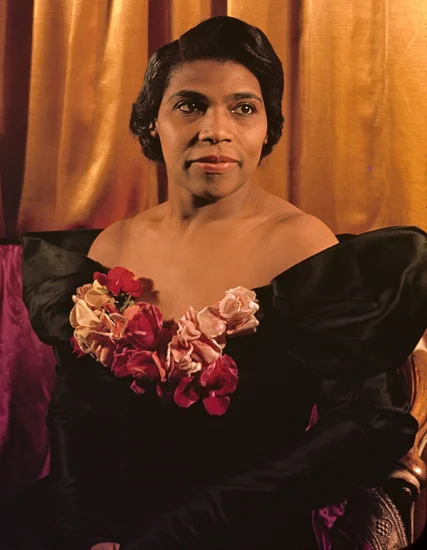
Contralto Marian Anderson became the first person of color to perform at the Metropolitan Opera House. She starred in Giuseppe Verdi’s “Un ballo in maschera” to thunderous applause.
This historic performance shattered racial barriers in America’s most prestigious opera house. Anderson’s triumph marked a pivotal moment in the civil rights movement and cultural integration.
2015 – Charlie Hebdo Attack Shocks Paris

Two gunmen stormed the offices of the satirical magazine Charlie Hebdo, executing twelve people and wounding eleven others. The attack targeted journalists and cartoonists who had published controversial religious cartoons.
The massacre sent shockwaves through France and sparked global debates about free speech. Millions rallied in solidarity with the victims, defending the right to satirical expression.
1927 – First Transatlantic Commercial Phone Service
The first commercial telephone service between New York City and London began operation. The revolutionary service connected North America and Europe through underwater cables.
This technological breakthrough transformed international business and personal communication. The service marked the beginning of global telecommunications networks that would reshape the modern world.
Religious and Social Events on January 7
1920 – New York Assembly Rejects Socialist Members
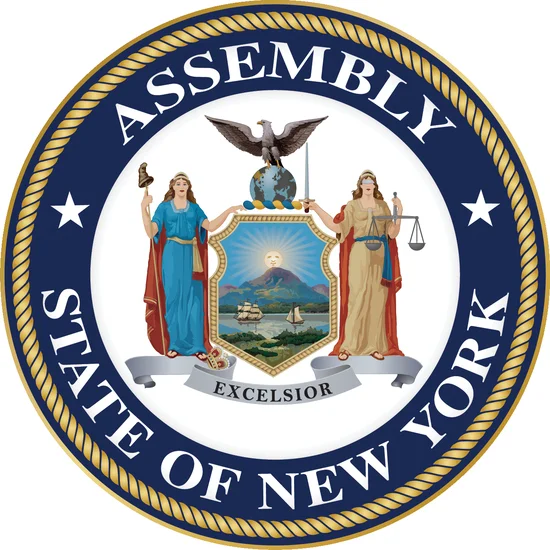
The New York State Assembly refused to seat five duly elected Socialist assemblymen despite their legitimate electoral victories. The decision sparked national controversy over democratic principles.
This unprecedented action violated democratic norms and triggered widespread protests. The incident highlighted the Red Scare’s impact on American political freedoms and civil liberties.
1991 – Roger Lafontant Attempts Haitian Coup
Former Tonton Macoute leader Roger Lafontant launched a failed coup attempt against Haiti’s democratically elected government. The plot sought to restore the old Duvalier dictatorship.
Security forces quickly arrested Lafontant, preserving Haiti’s fragile democracy. The failed coup demonstrated the ongoing struggle between democratic forces and authoritarian remnants.
1993 – Bosnian Army Launches Surprise Attack
Bosnian forces executed a surprise assault on the village of Kravica during the brutal Bosnian War. The attack marked another tragic episode in the conflict’s ethnic violence.
This military action intensified the humanitarian crisis in Srebrenica. The village would later become synonymous with genocide and war crimes in the Balkans.
Business and Economic Events on January 7
1980 – Chrysler Corporation Receives Federal Bailout
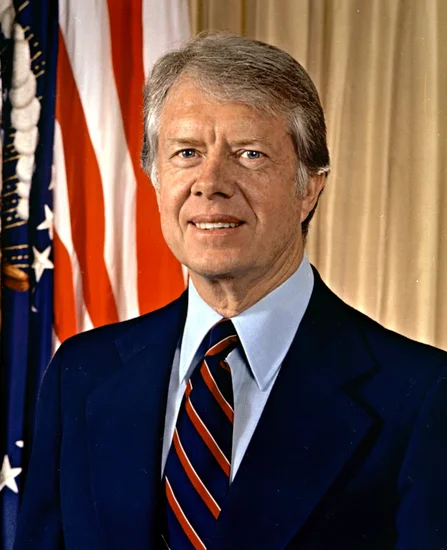
President Jimmy Carter authorized $1.5 billion in federal loans to save the struggling Chrysler Corporation from bankruptcy. The unprecedented government intervention sparked fierce political debate.
This bailout established a precedent for federal assistance to major corporations. Chrysler’s eventual recovery validated the controversial decision and influenced future economic policy.
1984 – Brunei Joins ASEAN
The oil-rich Sultanate of Brunei became the sixth member of the Association of Southeast Asian Nations. The tiny nation’s membership strengthened regional economic cooperation.
Brunei’s accession brought significant petroleum resources into the trading bloc. The expansion demonstrated ASEAN’s growing influence in Asian economic affairs.
2014 – Run Run Shaw Dies, Media Empire Mourns
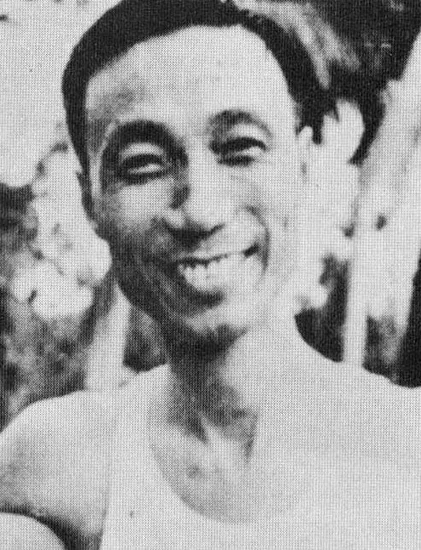
Media mogul Run Run Shaw passed away at age 106, leaving behind a vast entertainment empire. Shaw Brothers Studio and TVB shaped Hong Kong’s film and television industries for decades.
His death marked the end of an era in Asian entertainment. Shaw’s legacy influenced generations of filmmakers and established Hong Kong as a global entertainment hub.
Transportation and Infrastructure on January 7
1931 – First Solo Trans-Tasman Flight
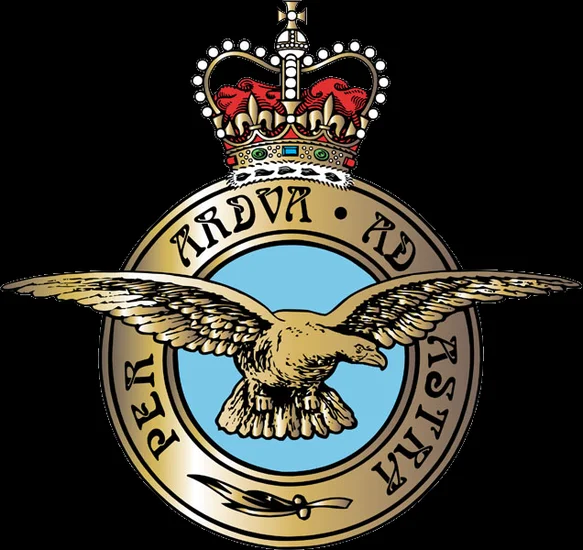
Australian pilot Guy Menzies completed the first solo non-stop flight from Australia to New Zealand in 11 hours and 45 minutes. His aircraft crash-landed on New Zealand’s west coast but the pilot survived.
This daring aviation feat demonstrated the possibility of regular air travel between the two nations. Menzies’ courage paved the way for commercial aviation routes across the Tasman Sea.
1928 – Thames Flood Devastates London
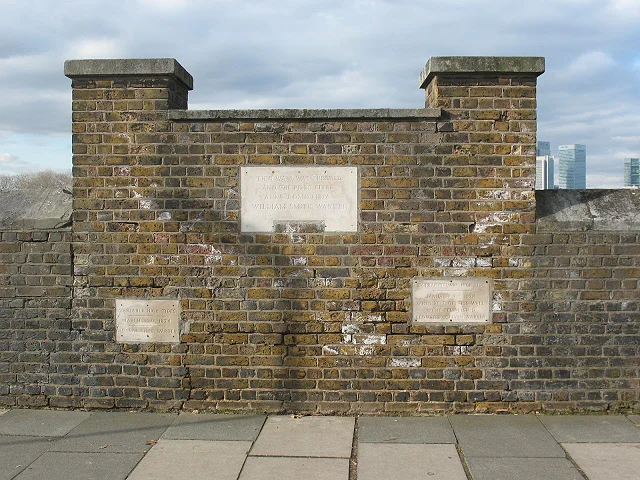
A catastrophic flood of the River Thames killed 14 people and caused extensive damage throughout riverside London. The disaster highlighted the capital’s vulnerability to natural forces.
The flooding prompted significant improvements to London’s flood defenses. This tragedy led to better emergency planning and infrastructure development along the Thames.
1950 – Sverdlovsk Air Disaster Claims Hockey Team

All 19 people aboard a Soviet aircraft perished in the Sverdlovsk air disaster, including almost the entire VVS Moscow ice hockey team. The tragedy shocked the Soviet sports world.
This devastating accident highlighted aviation safety concerns in the Soviet Union. The loss of talented athletes represented a significant blow to Soviet ice hockey.
Sports and Recreation on January 7
1989 – Sutton United Stuns Coventry City
Non-league Sutton United defeated top-tier Coventry City in one of the FA Cup’s greatest upsets. The fifth-tier team’s victory sent shockwaves through English football.
This David-versus-Goliath triumph became legendary in FA Cup folklore. Sutton’s victory demonstrated the tournament’s unique ability to produce magical moments.
1972 – Iberia Flight 602 Crashes Near Ibiza
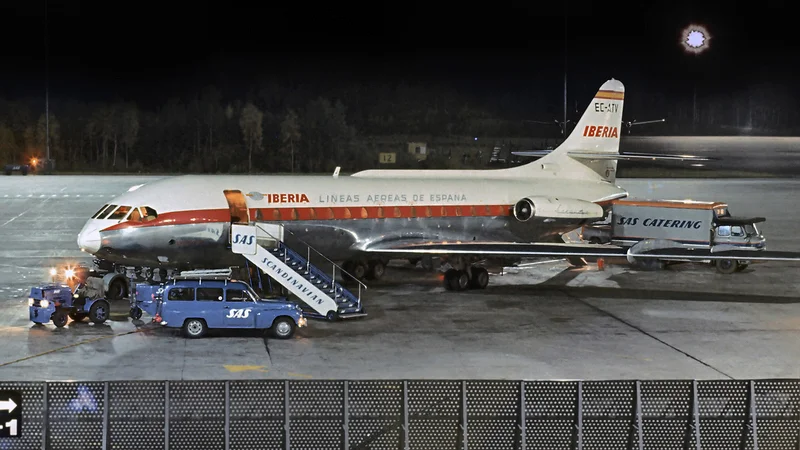
All 104 people aboard Iberia Flight 602 perished when the aircraft crashed near Ibiza Airport. The tragedy marked one of Spain’s worst aviation disasters.
The crash prompted significant improvements in airline safety protocols. This disaster led to enhanced pilot training and better approach procedures at Spanish airports.
2027 – Hot Air Balloon Tragedy in New Zealand
A hot air balloon crashed near Carterton, New Zealand, killing all 11 people on board. The accident shocked the adventure tourism industry.
This tragedy led to stricter safety regulations for recreational ballooning. The incident prompted comprehensive reviews of aerial tourism safety standards.
Notable Births on January 7
1966 – Nicolas Cage Born

American actor Nicolas Cage entered the world in Long Beach, California, beginning a journey toward Hollywood stardom. His theatrical family background shaped his early artistic development.
Cage would become one of cinema’s most distinctive performers, winning an Academy Award for “Leaving Las Vegas.” His intense acting style and eclectic film choices made him a cultural icon.
1985 – Lewis Hamilton Born

British racing driver Lewis Hamilton was born in Stevenage, England, destined for Formula One greatness. His early karting success demonstrated exceptional natural talent.
Hamilton would become a seven-time Formula One World Champion, matching Michael Schumacher’s record. His achievements broke barriers and inspired a new generation of diverse racing drivers.
1957 – Katie Couric Born

American journalist Katie Couric was born in Arlington, Virginia, beginning a pioneering career in broadcast journalism. Her early communication skills foreshadowed future media success.
Couric became the first woman to solo anchor a major network evening newscast. Her groundbreaking career opened doors for female journalists in television news.
1965 – Rand Paul Born

American politician and physician Rand Paul was born in Pittsburgh, Pennsylvania, into a political family. His father Ron Paul’s libertarian philosophy influenced his worldview.
Paul would become a prominent U.S. Senator known for his constitutional advocacy. His political career championed limited government and individual liberty principles.
1991 – Eden Hazard Born

Belgian footballer Eden Hazard was born in La Louvière, Belgium, showing early promise on the football pitch. His technical skills and creativity distinguished him from peers.
Hazard became one of Europe’s most skilled wingers, starring for Chelsea and Real Madrid. His playing style and achievements earned him recognition among football’s elite.
1977 – Jeremy Renner Born

American actor Jeremy Renner was born in Modesto, California, beginning a journey toward Hollywood success. His working-class background shaped his grounded approach to acting.
Renner gained fame for roles in “The Hurt Locker” and Marvel’s “Hawkeye.” His versatility and intensity made him a sought-after performer in action films.
1925 – Gerald Durrell Born
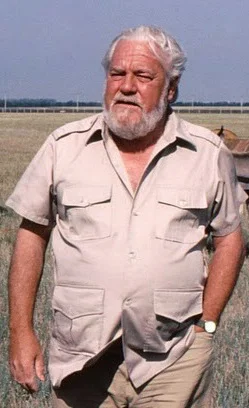
British-Indian naturalist Gerald Durrell was born in Jamshedpur, India, developing an early passion for wildlife. His childhood experiences with animals shaped his conservation mission.
Durrell founded the Durrell Wildlife Park and wrote beloved books about animal adventures. His work advanced wildlife conservation and inspired generations of naturalists.
1912 – Charles Addams Born
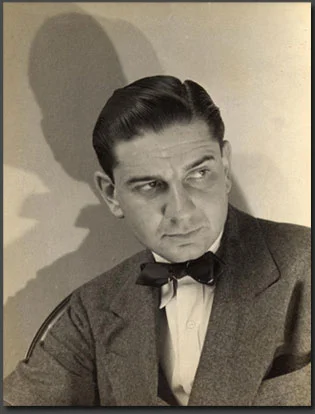
American cartoonist Charles Addams was born in Westfield, New Jersey, destined to create iconic macabre characters. His dark humor and artistic talent emerged early.
Addams created “The Addams Family,” becoming one of America’s most beloved cartoonists. His gothic characters achieved lasting popularity across multiple media platforms.
Notable Deaths on January 7
1943 – Nikola Tesla Dies
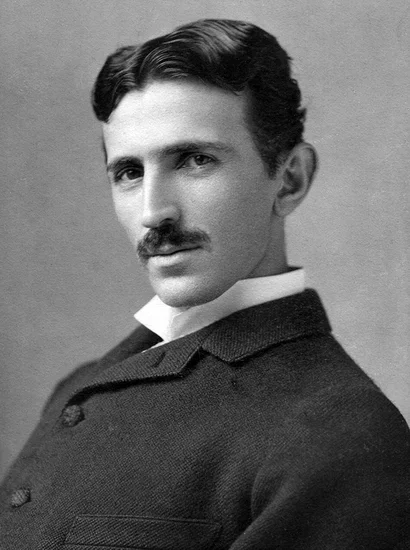
Serbian-American inventor Nikola Tesla passed away in New York City, ending a revolutionary career in electrical engineering. His alternating current system transformed the modern world.
Tesla’s inventions laid the foundation for modern electrical power systems. His visionary work in wireless technology and electricity generation changed human civilization forever.
1989 – Emperor Hirohito Dies
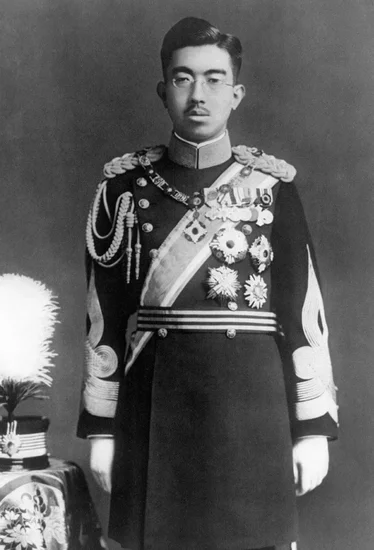
Japanese Emperor Hirohito died after ruling through Japan’s most turbulent era, including World War II and post-war reconstruction. His death marked the end of the Showa period.
Hirohito’s reign witnessed Japan’s transformation from militaristic empire to peaceful democracy. His passing symbolized the complete break with Japan’s wartime past.
2020 – Neil Peart Dies

Canadian drummer Neil Peart, legendary member of rock band Rush, succumbed to brain cancer. His virtuosic drumming and philosophical lyrics influenced generations of musicians.
Peart’s technical mastery and intellectual approach redefined rock drumming. His death marked the end of Rush’s extraordinary four-decade career.
2021 – Tommy Lasorda Dies
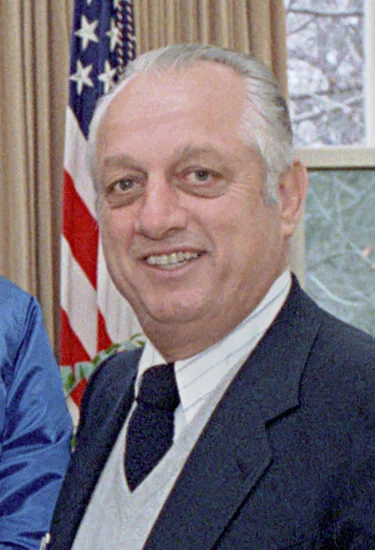
Baseball legend Tommy Lasorda passed away after a storied career managing the Los Angeles Dodgers. His passionate leadership and colorful personality made him a beloved figure.
Lasorda led the Dodgers to two World Series championships and numerous division titles. His dedication to the organization and infectious enthusiasm embodied the spirit of baseball.
1920 – Edmund Barton Dies
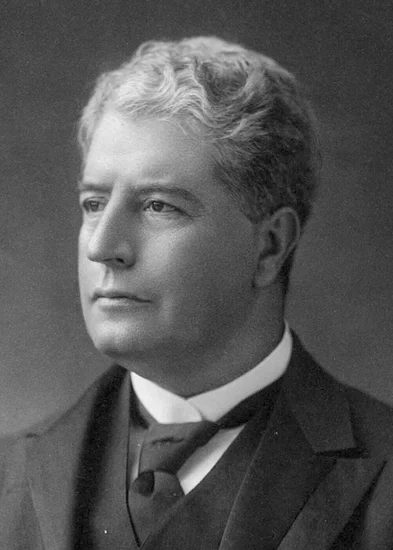
Australia’s first Prime Minister Edmund Barton died, ending a distinguished career in law and politics. His leadership during federation established Australia’s democratic foundations.
Barton’s vision and diplomatic skills united six colonies into one nation. His legacy as Australia’s founding Prime Minister secured his place in history.
2024 – Franz Beckenbauer Dies

German football legend Franz Beckenbauer passed away, ending an extraordinary career as player and manager. “Der Kaiser” revolutionized the sweeper position and German football culture.
Beckenbauer won the World Cup as both player and coach, a unique achievement. His elegant playing style and tactical innovation influenced football globally.
1995 – Murray Rothbard Dies
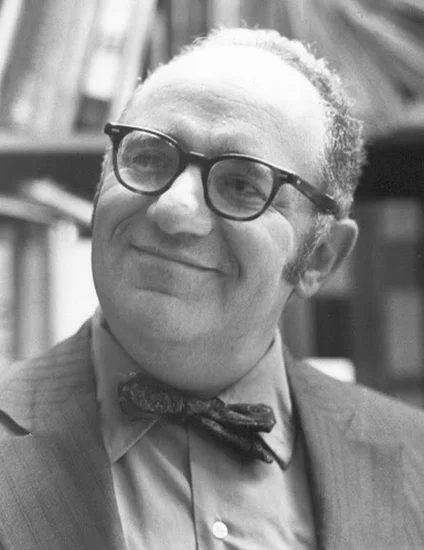
American economist Murray Rothbard passed away after a prolific career advancing libertarian economic theory. His scholarly work challenged conventional economic thinking.
Rothbard’s writings on Austrian economics and anarcho-capitalism influenced political movements. His intellectual legacy continues to shape libertarian thought and policy debates.
Holidays and Observances on January 7
Orthodox Christmas Celebrations

Eastern Orthodox Churches celebrate Christmas using the Julian calendar, creating a second Christmas celebration worldwide. Russia, Serbia, and other Orthodox nations observe this sacred holiday.
Ethiopian Orthodox Christians also commemorate Christ’s birth on this date. The celebration brings together diverse Orthodox communities in shared religious observance.
Nanakusa Festival in Japan
Japanese families observe Nanakusa-no sekku, the Festival of Seven Herbs, by consuming a special rice porridge. This ancient tradition promotes health and longevity in the new year.
The seven herbs symbolize protection from evil spirits and disease. Families gather to prepare and share this nutritious meal, strengthening family bonds.
Tricolour Day in Italy
Italy celebrates Festa del Tricolore, honoring the adoption of the Italian flag in 1797. The green, white, and red banner symbolizes the nation’s unity and independence.
This patriotic observance commemorates Italian national identity and republican values. Citizens display flags and participate in ceremonies celebrating their constitutional heritage.
